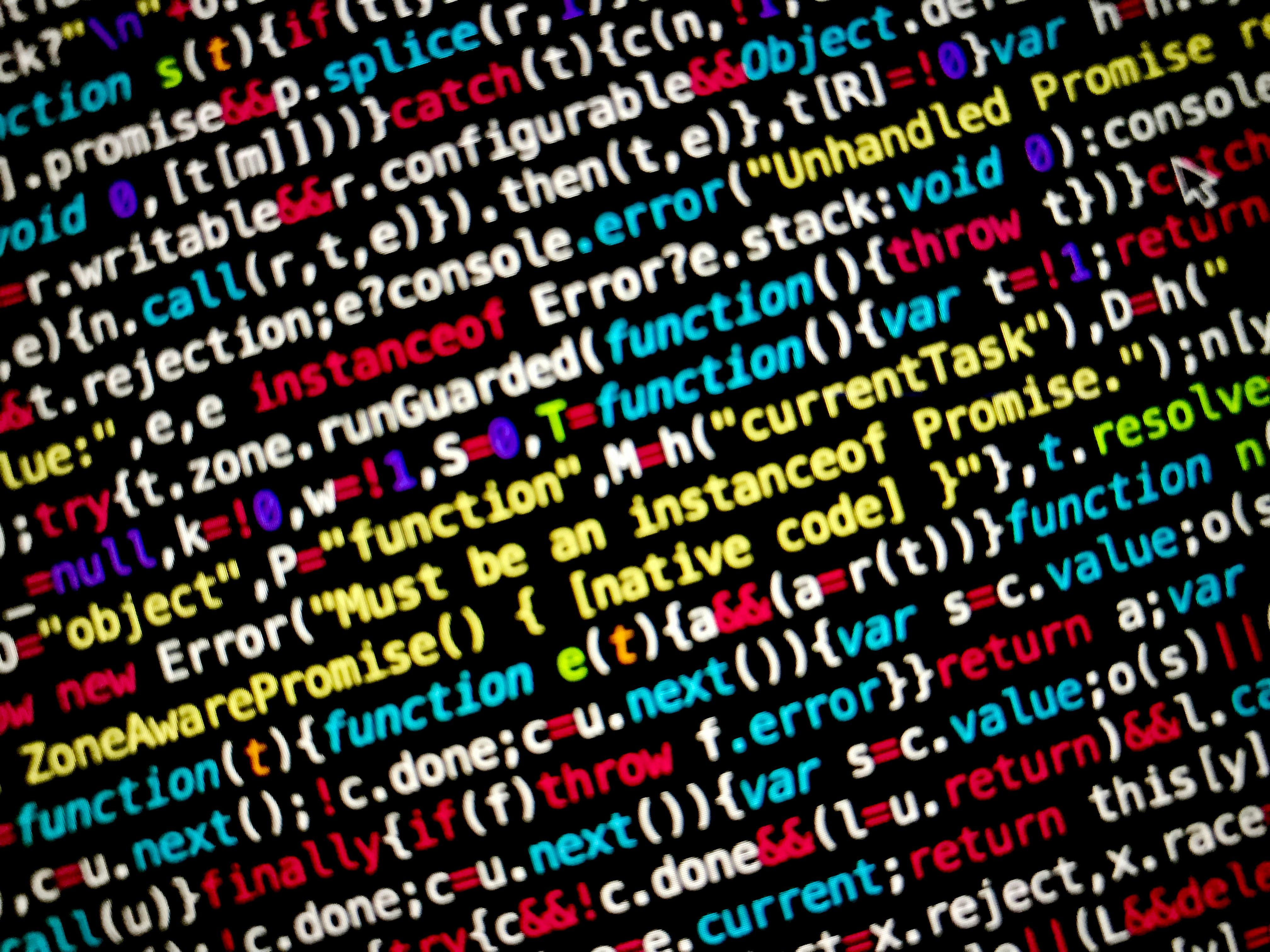A New Era for Cross-Chain Transactions on Ethereum
Ethereum to Introduce New Universal Address Standards for Improved Interoperability
Get ready for a simplified user experience as the new ERC-7930 and ERC-7828 standards are about to revolutionize the way you navigate the Ethereum network.
The Issue at Hand
Users and apps have long struggled with an inconsistent method for referring to addresses across different chains, as there's been no standard way for wallets, apps, or protocols to interpret or display this information accurately.
As a solution, Wonderland, a multi-protocol team contributing to Ethereum, recently unveiled their work on ERC-7828 and ERC-7930 to the Ethereum L2 Interop Working Group during a call on April 30, 2025.
Simplifying Cross-Chain Transactions
These interoperable standards aim to provide users with simpler, safer cross-chain transactions. Imagine being able to see human-readable names instead of complex addresses across multiple networks, making it easier for you to interact with a sprawling ecosystem of networks and sidechains.
The Power of ERC-7930
This standard gives computers a standardized format to identify exactly which network an address belongs to. No more guessing or double-checking — machines can now communicate cross-chain more efficiently than ever.
The User-Friendliness of ERC-7828
Meanwhile, ERC-7828 introduces a human-readable "name@chain" format, replacing long strings of letters and numbers with something like "." This makes addresses easily recognizable by chain, further improving the user experience.
Combating Common Pitfalls
Users frequently switch between wallets and networks, which can lead to costly mistakes like sending money to the correct address but on the wrong network. These standards aim to prevent such mishaps by strapping a chain ID to each address, ensuring smooth cross-chain transactions.
Finalization and Implementation
The standards are set for finalization on May 9th, after which they can be implemented in wallets, block explorers, and cross-chain messaging protocols. The Wonderland team is open to final community feedback before the standards reach their final call status via Ethereum Magicians forum threads.
These standards represent an essential step towards resolving Ethereum’s cross-chain user experience challenges, establishing a more accessible hub for multi-chain activity. Embrace the change, and get ready for a more streamlined cross-chain experience!
In Brief
- Two standards, ERC-7828 and ERC-7930, are about to improve cross-chain interactions on Ethereum.
- ERC-7930 standardizes format for addresses, enabling seamless cross-chain communication.
- ERC-7828 introduces human-readable addresses, making them easier for users to manage and identify.
- Expected implementation in wallets, cross-chain protocols, and block explorers after May 9th.
- Community feedback encouraged via Ethereum Magicians forum threads before the standards reach final call status.
- The upcoming ERC-7930 and ERC-7828 standards on Ethereum are anticipated to offer a streamlined user experience for cross-chain transactions.
- By providing a standardized format for addresses, ERC-7930 aims to facilitate efficient cross-chain communication between computers.
- ERC-7828, on the other hand, introduces a human-readable "name@chain" format, making addresses more recognizable and user-friendly.
- The new standards seek to combat common mistakes, such as sending funds to the correct address but on the wrong network, by attaching a chain ID to each address.
- Once finalized on May 9th, these standards can be implemented in various areas like wallets, block explorers, and cross-chain messaging protocols.
- The community's feedback is encouraged before the standards reach their final call status via Ethereum Magicians forum threads.
- These standards mark a significant step in resolving Ethereum’s cross-chain user experience challenges, creating a more accessible hub for multi-chain activity.
- In the realm of data-and-cloud computing technology, crypto protocols, wallets like walletswallets, DApps, and DeFi platforms will benefit from these enhancements, contributing to a stronger ecosystem.








